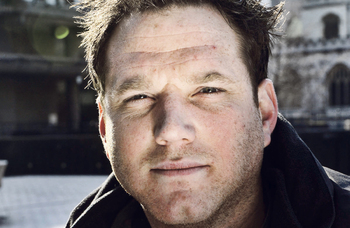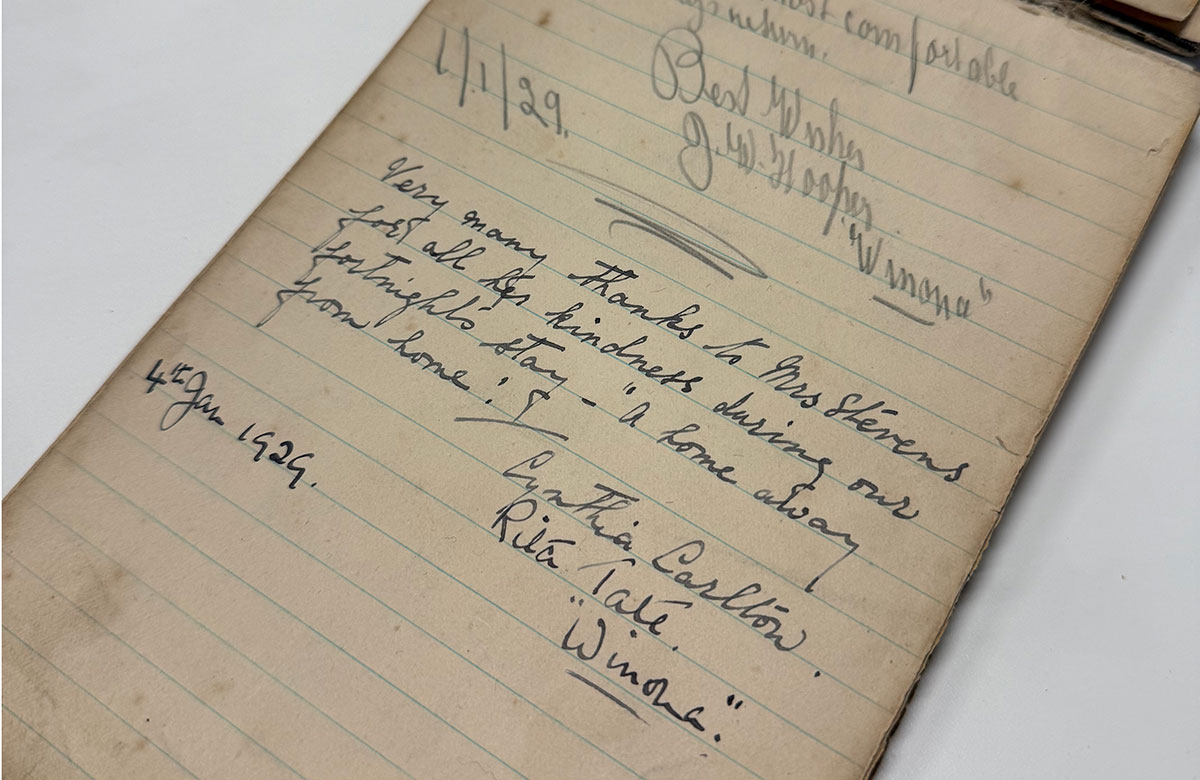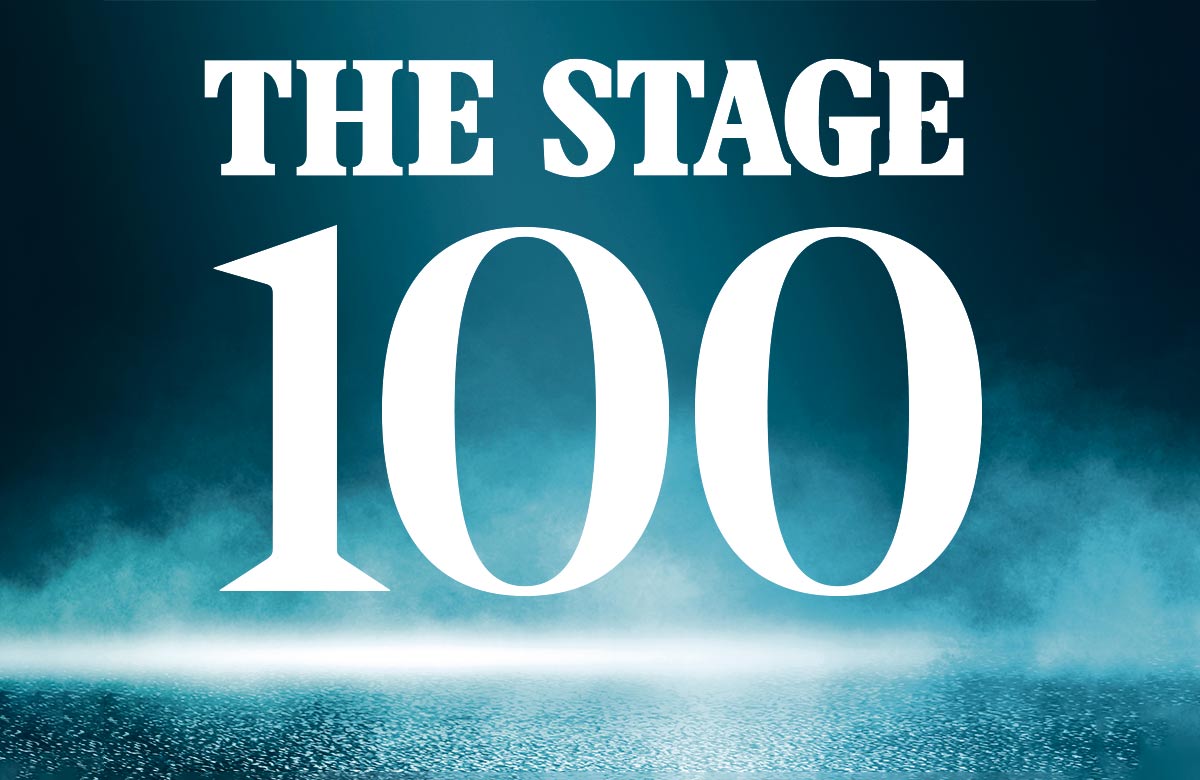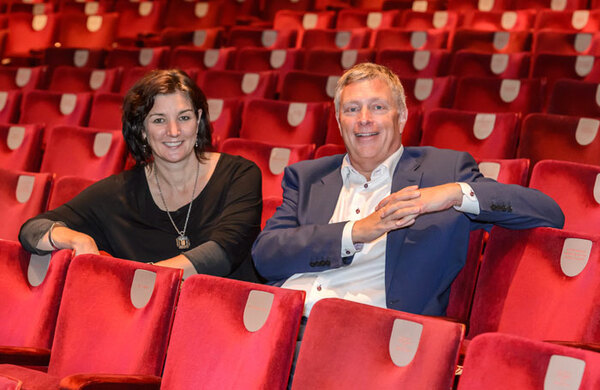Crisis survival: finding the cash to keep UK venues in business
For our special supplement ‘How the arts can survive the coronavirus crisis’, supported by Arts Council England, we look at funded and unfunded theatres in the UK. While national portfolio organisations are continuing to receive support through the shutdown, others are applying for emergency grants or seeking donations from private investors, writes Tim Bano
Funded organisations
Right now, most theatres are fighting for survival. Since doors were forced to close on March 16, the economy of theatre has collapsed. Even for organisations that receive regular funding from Arts Council England or their local authority, the money may not be enough to see them through a crisis that has no fixed endpoint.
Over the past weeks, Arts Council England, Arts Council of Wales, Creative Scotland and Arts Council of Northern Ireland have been announcing various emergency measures for their regularly funded organisations.
In England, for ACE’s 831 national portfolio organisations, £90 million has been made available. Funding conditions for NPOs have been relaxed, and the next NPO round has been pushed back by a year to 2023, so that existing portfolio organisations can rely on their funding for longer.
Arts Council of Wales has taken a similar approach. It has only 67 portfolio members, and does not have the same level of reserves as ACE do. However, it has reallocated money from existing budgets to the tune of £7 million, of which £5.5 million will go to organisations, both those within the portfolio and those outside it.
Creative Scotland will honour its funding to regularly funded organisations, while Northern Ireland’s Arts Council has devised a “flexible light-touch scheme”, according to its chief executive Roisin McDonough, the details of which will be announced this week.
Even so, a number of artistic directors have been clear that the funding might not be enough to ensure their organisations can weather this crisis. So how are organisations surviving? What are they doing for now, and how are they keeping an eye on the long term?
The immediate, and vital, source of relief has been the government’s job retention scheme, which has allowed organisations to furlough their employees. The problem, however, is that these organisations rely on a lot of casual and freelance work.
“I knew that our permanent staff, certainly in the short term, were secure,” says Sarah Brigham, artistic director of Derby Theatre. “But I was really worried about our zero-hours-contracted staff. I made the decision that we would pay them until the end of April. We were mid-rehearsal for Treasure Island, and a touring co-production was about to open. Immediately we took the decision to pay all those artists and actors. It just felt ethical. It wasn’t done with the best business sense, but it was the right thing to do.”
Another source of income, albeit a small one, has been donations from audiences. “At Derby, 50% of customers have said they will donate their tickets to the theatre, or put them on credit,” says Brigham.
At Theatr Clwyd, executive director Liam Evans-Ford says the figure is about 70%. But the problem with audience donations is that they will not provide an ongoing source of income. The returns will diminish because, even if the goodwill towards the theatre remains, audiences simply will have less ready money. What’s become apparent over the last few weeks is that the end product on the stage is only one part of what theatre is, and what theatres are for. They are looking outward at a time when they have every right to look only to their own survival.
Brigham says: “If you only look after yourself, in six months, when you open the doors, you’ll be like Sports Direct or Wetherspoons. I certainly won’t be going back to either of those. Theatre is built on community and people. Without our community we are nothing. What’s vital for those bigger organisations is to be a leader for the sector and for your locality. We have to make sure that, as we get through this, we take everyone with us.”
The organisations that can rely on regular funding from bodies like ACE have been turning to the work that does not end up on stage, and the crisis is making absolutely explicit the vital roles these organisations play in their communities.
“While we might not be able to give them theatre at the moment, we can do things like phone customers and check they’re okay. We’ve been taking food parcels to local people. Someone who comes into our cafe every day, someone with learning difficulties, never sees a play, but we often do things like phone doctors for her, and the thing we’re desperately trying to do at the moment is phone social services to make sure she’s okay.”
‘We’re now not speaking to people about financial transactions. We’re just speaking to people’ – Liam Evans-Ford, Theatr Clwyd
Clwyd has launched a programme called Theatr Clwyd Together to encourage and facilitate creativity in its community. The theatre has also used its existing resources to create food packs and creative packs for vulnerable people locally. It has also donated their food stock to local homeless shelters and announced that it has become the centre for blood donations in North Wales.
In Scotland, Pitlochry Festival Theatre has launched an online series called #PFTLightHopeJoy which shares at least two pieces of art and entertainment online every day. It is producing children’s arts and crafts activities and demonstrations and has launched a telephone club for people who are home alone and want to talk to someone.
The message from organisations such as Derby, Clwyd and others is clear: theatre is about connecting to people. That does not stop just because there is no end result on stage.
Evans-Ford says: “We’re now not speaking to people about financial transactions. We’re just speaking to people. And that could be the liberating and game-changing thing for how people talk to their communities.”
However, the big problem is not knowing how long this will last. “If they say we can open in August that’s great, but it means we need to start rehearsing in July,” says Brigham. Clwyd sells about half a million pounds’ worth of tickets between March and July for the autumn and Christmas. “We’re not selling those at the moment,” says Evans-Ford.
“I think we’ve got six months in us, with that local authority support and the opportunities to mitigate costs through some of the schemes – business rates relief, furloughing, all of those things. But there’s not much beyond that. If we get beyond September and cannot open our doors and have things playing on our stages, that’s when we will get into real difficulty.”
‘If we stopped all operations as some theatres have, we wouldn’t come out the other side’
Unfunded organisations
It’s a different picture for organisations that do not receive regular funding. In England, the Arts Council has made £50 million available to organisations outside the national portfolio, but only those who have experience making publicly subsidised work are eligible.
Organisations can receive up to £35,000 under the emergency scheme, which could be a lifeline for venues like London’s Theatre503. Its executive director Andrew Shepherd says: “I used to make a joke that we’re about £5,000 and a broken boiler away from being in trouble. We’re at that point now. The Arts Council emergency grant is going to be a lifesaver, but we have to be completely candid and realise we might not get it.”
What he and artistic director Lisa Spirling want to ensure is that the theatre’s core mission – to support new writers – does not falter. “It feels like there are two streams,” says Spirling, “Organisations that are saying: ‘We are going to shut the building completely, we’re going to furlough the majority of our staff, and we’re going to ride this out for as long as we can, and try to get government support.’ That was absolutely an option we looked at, and we may well need to do that further down the line. But for us, because we exist to support playwrights and put their shows on, we felt that we needed to keep going in some capacity.
“We’ve furloughed a number of our staff, and we have a number of freelances who we’ve given payment for March and April. That’s all we can do at the moment. We’ve kept a core team because we need to keep supporting writers. We are trying to make sure our cupboard is full, so that when we come out of this we have the scripts, the companies, the teams – everything we can, except the funding.” Like Theatre503, Cirencester’s Barn Theatre is finding ways to continue its mission. It receives no funding from the Arts Council or from its local authority, and is ineligible for emergency funding from ACE.
“We always had to hit ambitious targets,” says artistic director Iwan Lewis. “We always had to have above-average attendance from audiences to survive. We are totally unsubsidised. If we stopped all our operations, as many theatres have had to do, we wouldn’t come out the other side, I don’t think.”
For now, the answer is to diversify the output. The Barn has become “a glorified broadcasting company”, with a combination of live-streaming and archive footage. A local circus closed down, so its clown Tweedy has been performing a daily children’s TV show featuring special guests such as Daisy May Cooper and Helena Bonham Carter. It has also streamed Q&As with Cirencester’s MP Geoffrey Clifton-Brown and members of the district council, alongside a quiz show, a fitness programme, and TV personality Dr Dawn Harper running an online clinic.
Like the Barn, Birmingham’s Hippodrome generates all of its own income. Chief executive Fiona Allan says: “All income is earned from ticket sales, bars, restaurants and the Hippodrome’s events and conferencing business, which has meant an immediate loss of 96% of income almost overnight.”
For most, the immediate source of support is the government’s job retention scheme. But they are dependent on that scheme continuing for as long as organisations like the Hippodrome are unable to trade. Allan says: “If society is going to be opened up gently, we are probably going to be in the later stage of being allowed to open. I hope we are able to maintain the job retention scheme until the point we can open, otherwise we will have to look at lay-offs and redundancies.”
‘All our income is earned from ticket sales, bars, restaurants and events, which has meant an immediate loss of 96% of income almost overnight’ – Fiona Allan, Birmingham Hippodrome
Eleanor Lloyd’s production company is behind shows including Agatha Christie’s Witness for the Prosecution and last year’s Emilia in the West End. For her company, and other production companies, government schemes have provided some relief. “The business rates holiday and the grants for businesses worth less than £51,000 per year have helped quite a lot of the producing offices, though not all of them.”
The way to survive, for Lloyd’s company and others like it, is to make the business as small and streamlined as possible for as long as it needs to be, and then prepare to get back up and running when the government gives the go ahead.
The other route is private investment. Lloyd’s productions rely on investors to fund shows, but when there is no show to support it’s difficult to ask. “I have deliberately not tried to raise any money in the last month. They are our lifeblood in terms of money, and they will continue to be that in terms of shows, but they’re not generally investing in the business. Also, all of those private investors have their own businesses and lives, and who knows how they have been caught up in this. But it’s also very hard to ask for investment for things you aren’t sure whether or when they’re going to happen.”
Spirling and Shepherd are wary of asking too much from donors and audiences. “We can’t just be chasing the cash,” says Spirling. “There are only so many times you can make that ask.”
Besides, Lewis is not sure whether money raised privately will even be enough to prevent the worst case. “We’re not going to stop fighting. I’m going to make sure that we do everything we possibly can, find every avenue, look at every trust, foundation, local people with spare cash. Will it be enough? We’ll have to wait and see.”
This content is supported by Arts Council England
‘Supported by’ is used to describe editorially independent content. Supporters may suggest the subject that is covered, but have no say in the editorial produced, which is written and edited by The Stage’s journalists to the same standard as all our editorial, with no copy approval given.
Opinion
Recommended for you
More about this person
Opinion
Recommended for you
Most Read
Across The Stage this weekYour subscription helps ensure our journalism can continue
Invest in The Stage today with a subscription starting at just £5.99




























